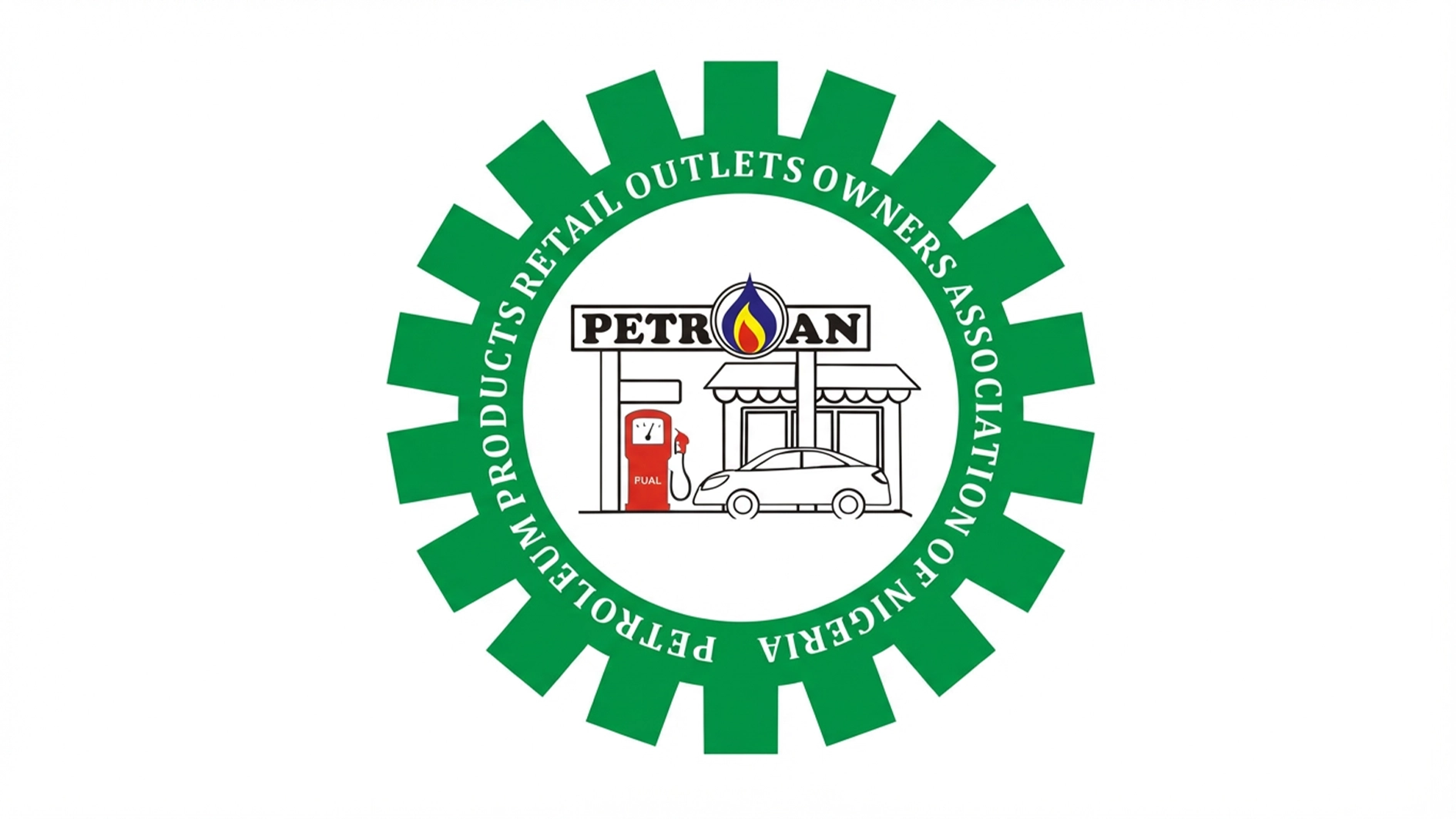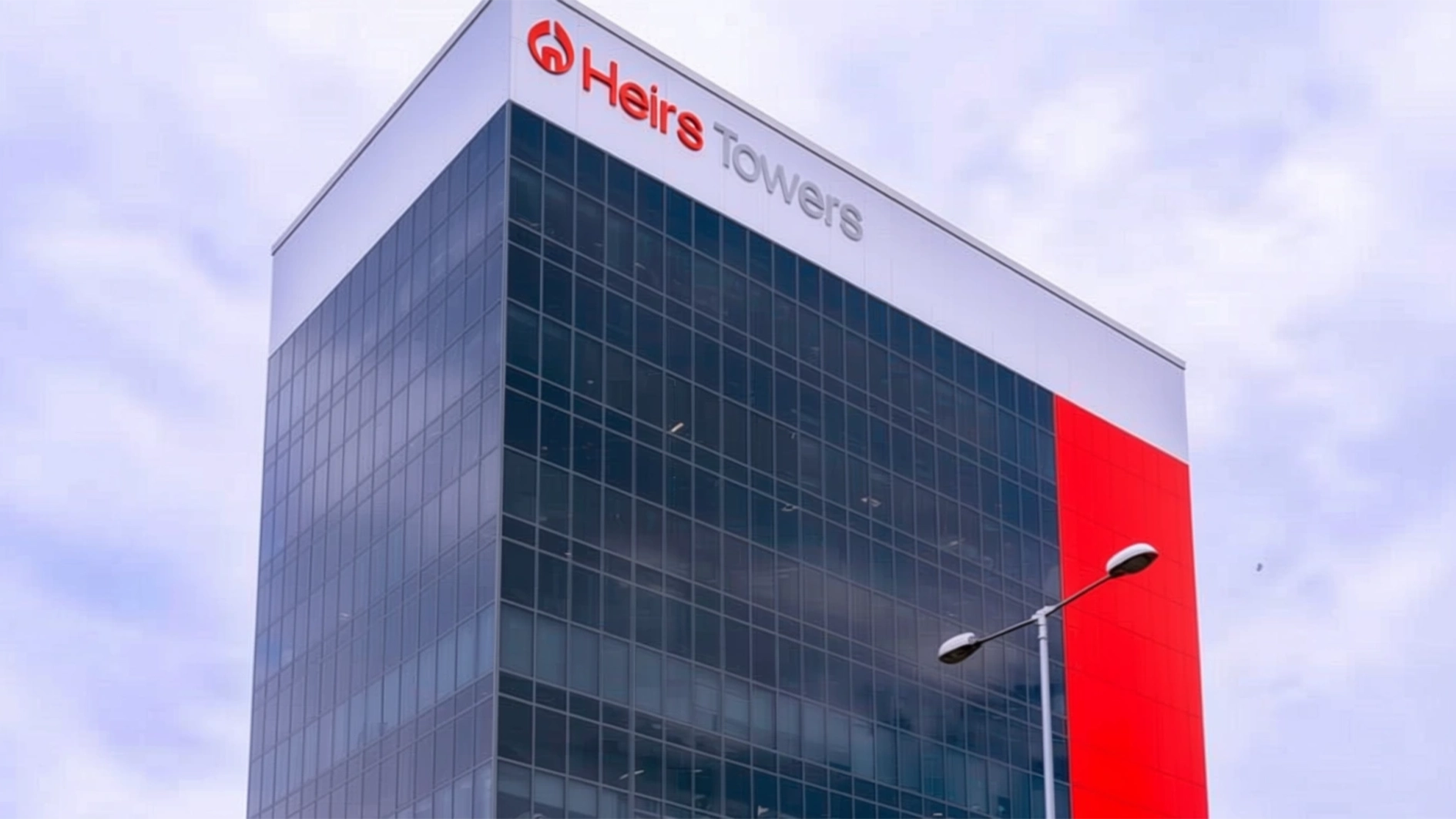• Facility targets 700,000bpd in 2026, CNG trucks to create 24,000 jobs
President of Dangote Group, Aliko Dangote, yesterday declared that his $20 billion refinery had broken Nigeria’s 50-year cycle of fuel queues, saving the country an estimated $1 billion yearly in demurrage while shielding the economy from $6 billion debt to international traders.
Speaking in Lagos at the rollout of the company’s Compressed Natural Gas (CNG)-powered trucks for direct fuel distribution, Dangote said the refinery’s production of gasoline (petrol) last year enabled the Federal Government to remove subsidy, a move that stabilised supply and averted a looming crisis in the downstream sector.
He stressed that the refinery, which started operations last year, changed the trajectory of Nigeria’s energy sector by ensuring a steady domestic supply and halting the perennial hardship associated with fuel scarcity.
“Before we came in, the Nigerian National Petroleum Company Limited (NNPCL) was already indebted to traders, and the country was on the verge of losing product supply. With our refinery, queues have disappeared, demurrage has stopped, and Nigeria has a steady supply chain,” Dangote said.
The industrialist said the government previously spent about $1 billion yearly on demurrage, as ships were forced to remain at sea to serve as floating reserves for Premium Motor Spirit (PMS) imports.
“With the refinery, that practice has ended. We produce daily, evacuate daily, and ensure there is product available without keeping ships idle. For 50 years, this country battled with queues and losses, and we are proud to have put an end to it,” he added.
Dangote urged Nigerians to continue investing in the country despite the challenges, stressing that local investments were crucial for building resilience in the economy and reducing dependence on imports.
According to him, the refinery’s progress and the diversification into petrochemicals, cement exports and cleaner transport technologies demonstrated the capacity of homegrown investments to transform the economy and create inclusive growth.
He revealed that Nigeria will earn $500 million from cement exports next year, while the petrochemical arm of the refinery will position the country as Africa’s largest exporter of polypropylene by 2026.
Explaining that although the refinery was initially designed to focus on domestic supply, he noted that its scale and efficiency had already placed it on the global export map, as daily crude processing capacity, presently at 650,000 barrels per day, would rise to 700,000bpd next year, with about 58 per cent of output reserved for exports after meeting local demand.
On job creation, Dangote said the company had so far procured 4,000 CNG trucks, part of a planned 10,000-fleet rollout, which will create at least 24,000 direct jobs. He added that drivers of the new trucks would earn four times the national minimum wage, which is about N300,000 monthly, underscoring the company’s commitment to decent wages.
Recounting the group’s industrial journey, Dangote said his companies had faced similar opposition when they ventured into cement and sugar production. He argued that his refinery was not a monopoly but a necessary intervention to make Nigeria self-sufficient and competitive. He insisted that the refinery’s achievements should be seen as a national milestone, not just a private triumph.
Spokesman of the Dangote Group, Anthony Chiejina, told newsmen that more than 1,000 trucks were ready to lift fuel to filling stations, while 500 others are at the port. The direct fuel distribution scheme was initially scheduled to commence on August 15 but was delayed due to logistics challenges in China.






